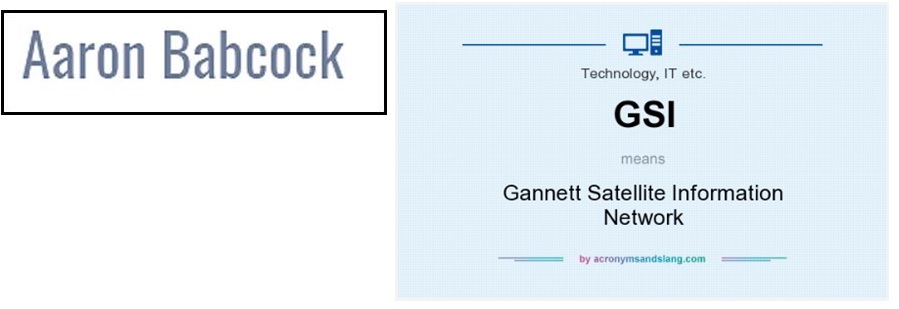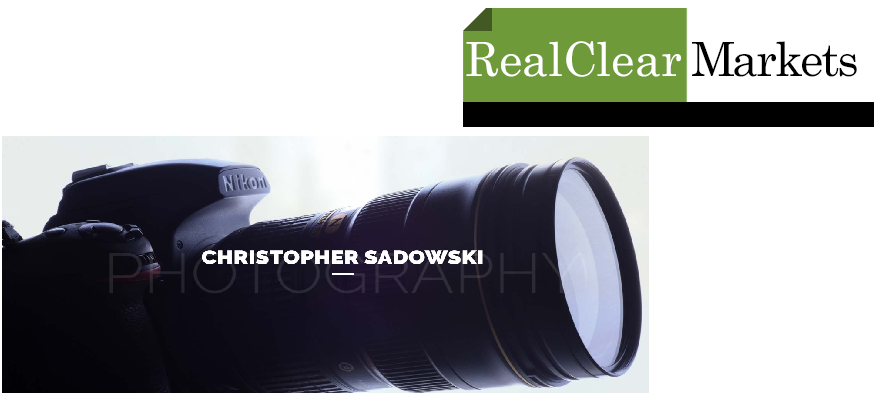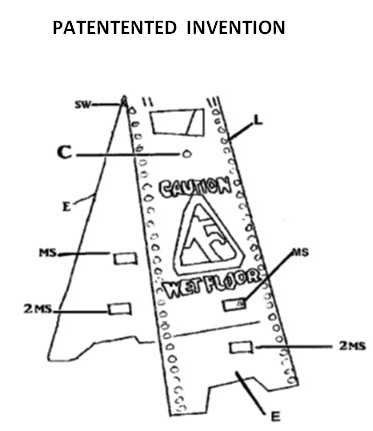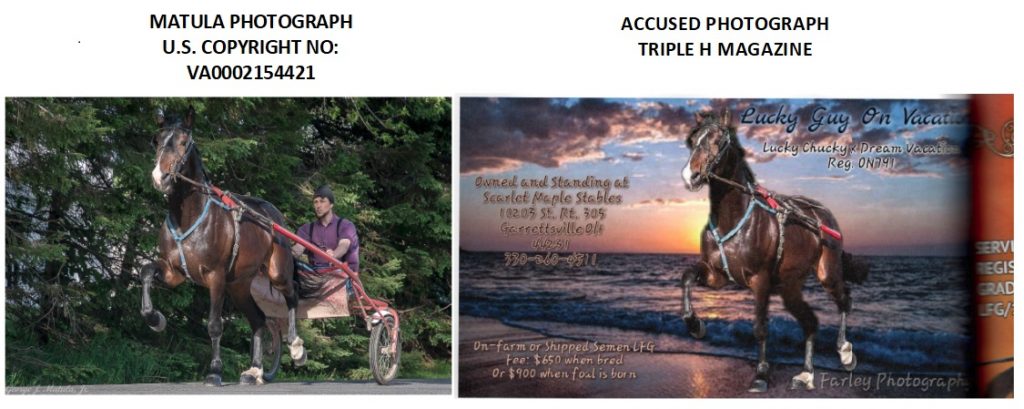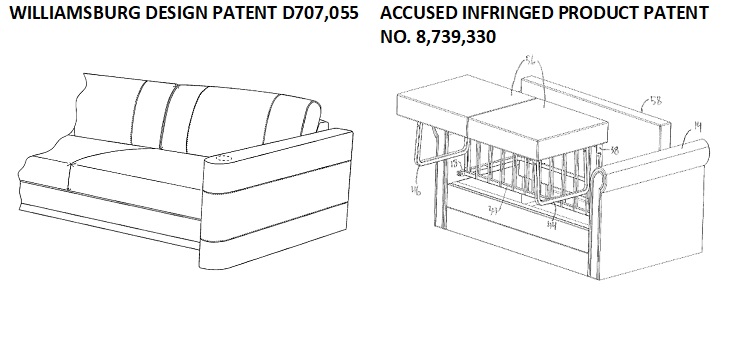Lafayette, Indiana – Aaron Babcock (“Babcock”), the Plaintiff, claims to be a professional photographer in Lincoln, Nebraska. According to the complaint, Babcock photographed actor Bill Murray attending a Nebraska vs. Purdue football game (the “Photograph”). The Photograph was registered with the U.S. Copyright Office under Registration No. VA 2-126-687.
In the second of two lawsuits with identical parties, Babcock claims Gannett Satellite Information Network, LLC (“Gannett”), the Defendant, ran four articles on its websites featuring the Photograph. Babcock first sued Gannett for copyright infringement of a different photograph in December 2019 in the Western District of Wisconsin. In this case, Gannett allegedly used the Photograph without a license or permission from Babcock. As such, Babcock is seeking damages, costs, and attorneys’ fees for copyright infringement.
The case was assigned to Chief District Judge Theresa Lazar Springmann and Magistrate Judge Joshua P. Kolar in the Northern District and assigned Case 4:20-cv-00023-TLS-JPK.




